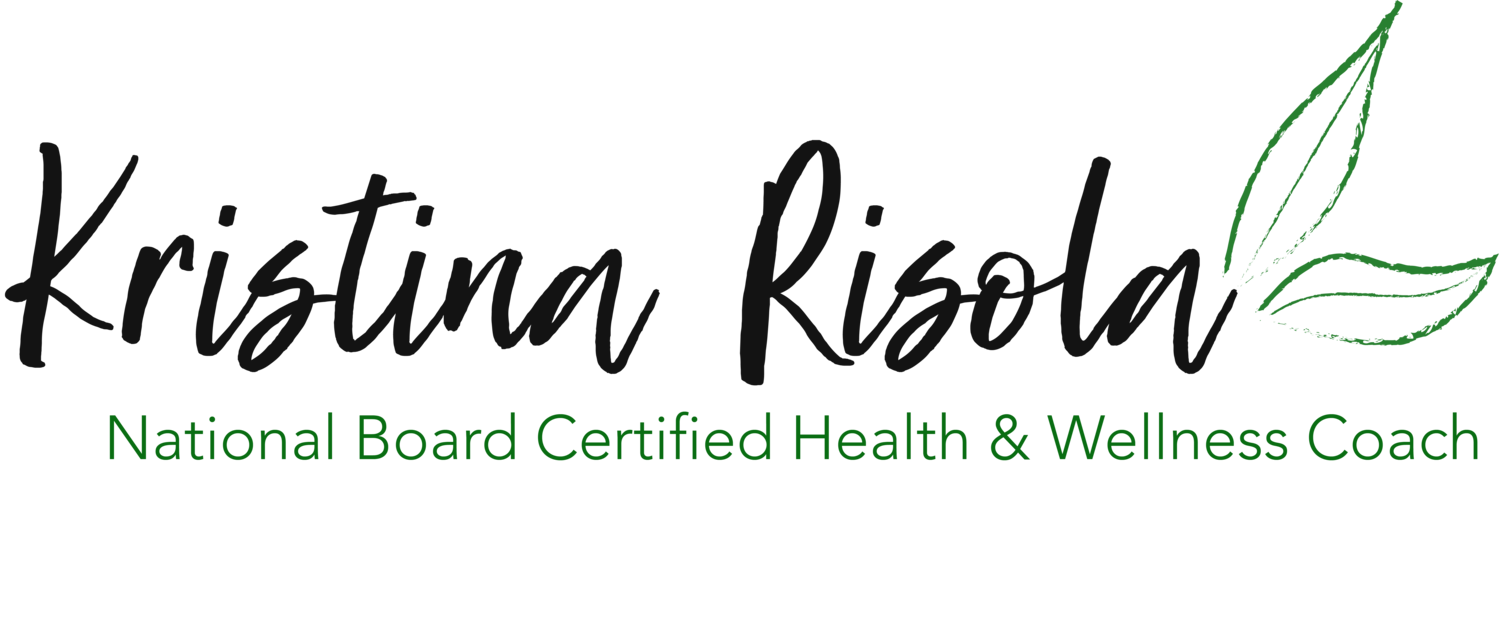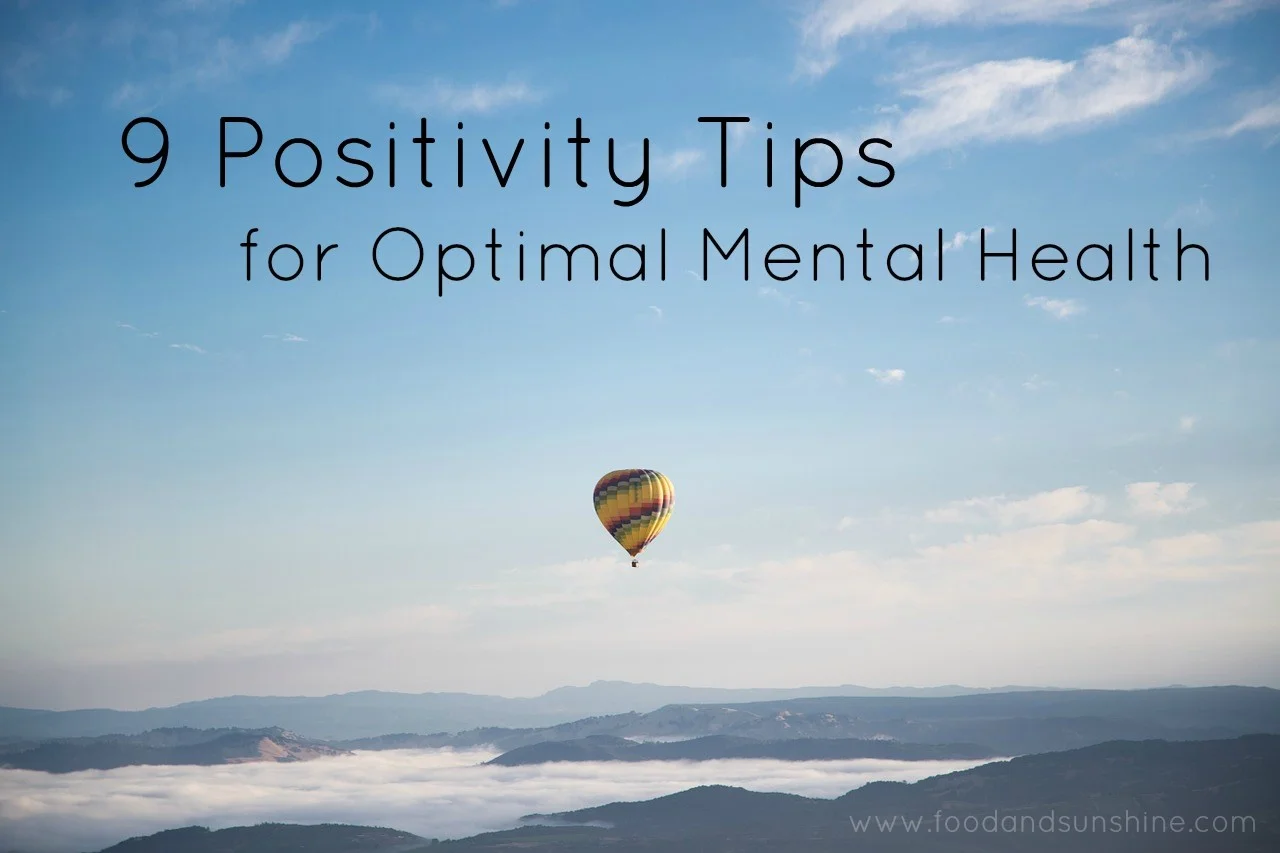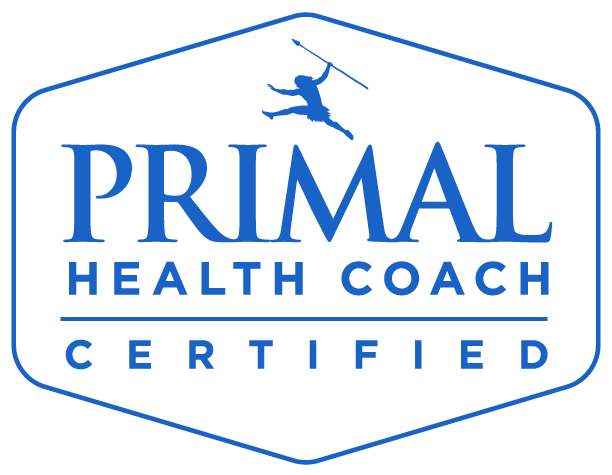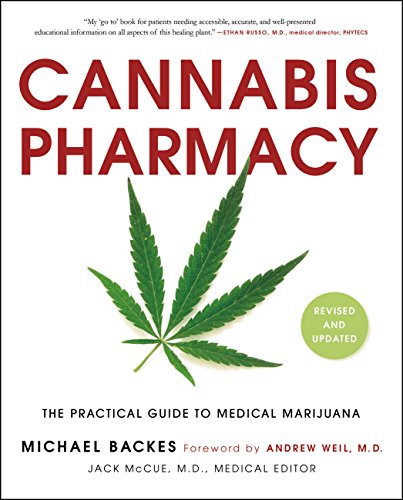9 Positivity Tips for Better Mental Health
/When taking actions to better our health it’s easy to overlook our mental habits. Most of us jump to changing the more physical and tangible things - food, exercise, maybe even our sleep routine. Numerous studies demonstrate the powerful impact that a positive mental health approach has on immune function and overall wellbeing. Positive emotions are the building blocks of success and happiness.
Changing our focus areas and habits to support a sound mind and body can have huge impacts on how we feel. Positivity promotes healthy perceptions, beliefs, and physical well-being. Happy moods help us to build better psychological resources and positive emotions keep us motivated towards healthy behaviors, aiding us to stay on track with diet and fitness goals. It also helps us to get along with others, building richer and more meaningful social connections – one of the most important factors to optimal mental health.
Any of these below areas can help to foster a better sense of positivity and mental wellbeing. Enjoy!
1. EMBRACE HOPE
Hope is the belief and possibility that the things we want for our lives are within reach and attainable. Maintaining high levels of hope is linked to stronger outcomes in academics, athletics, physical health, and psychological wellbeing. Hope increases motivation, helping you to take steps down the pathways to your goals that are now easier to see. Setting SMART goals is an easy and productive way to develop higher levels of hope in your life.
2. PRACTICE OPTIMISM
Are you a glass half full or half empty type of person? Having an optimistic world view is correlated with immune system improvement and overall positive affect. Optimistic individuals also tend to perform better, maintain persistence, and live longer. They don’t even have to work as hard at stress management! The less hard you have to work, the less stress you have.
3. COUNT YOUR BLESSINGS
It’s completely normal for life to get us down sometimes, but is up to you and only you to determine how you react to it. People who are able to count their blessings instead of their burdens demonstrate heightened levels of well-being. With that comes emotional and interpersonal benefits. Make an effort to focus on at least 3 positive things a day and try to reframe negative situations into a more positive light.
4. LESS SMALL TALK, MORE DEEP TALK
Prioritize social time into your schedule and engage in more meaningful conversations. A study demonstrated that people with the highest levels of well being spend more time with others and more time having purposeful and meaningful conversations. The happiest participants in the study spent about 25% less time alone and more than 70% more time talking than others. They also had twice as many deep conversations. Join a book club, participate in an online message board focused on your passion, or teach a class. Everyone has something to teach.
5. TRY NEW THINGS
Take time to try new things while spending time with a friend or loved one. We tend to get bored in relationships and sharing in novel events helps to bring back some excitement. This experience creates more positive emotions and helps to strengthen relationships. Schedule a ‘date day’ with your partner each month where you try a new activity. Take a class, explore a historical site, go bungee jumping, or do something a simple as playing a board game. The more you try new things, the more likely you are to experience a better sense of connectedness and overall relationship quality.
6. LOOK FOR THE BENEFITS
Benefit finding is the practice of attributing a greater meaning to a traumatic or negative experience. Many people will find a deeper appreciation for life, improved personal relationships, deeper spirituality, or a realigning of priorities. My experience of coping with autoimmune disease has given be the benefit of sharing my experience to help others on their own journey. Finding this positive amongst the storm will help to increase personal strength and appreciation. Studies have also linked benefit finding with more adaptive cortisol, a stress hormone, levels. Cognitive behavioral techniques can help you to find the benefits of a situation.
7. EXERCISE GRATITUDE
Making a point to exercise gratitude on a daily basis is a simple way to increase positive emotions and aids in benefit finding. Use a daily gratitude journal to record three things you are grateful about each day. Taking time to cultivate gratitude, and expressing it to others, improves energy, relationships, and optimism. Expressing gratitude also helps build a sense of community by connecting us to others and forming a foundation of strength.
8. SHARE THE FEEL GOODS
Capitalization is the experience of seeking out others to share happy news with. When we tell others about our success we are usually met with a positive and enthusiastic response. This sharing of success and feelings of joy that follow capitalizes on the initial achievement. The act of sharing actually provides more psychological and health benefits than the experience of the accomplishment itself. Don’t be timid about sharing your successes. While I don’t recommend boasting your accomplishments to everyone, sharing your achievements with your loved ones is healthy for all of you. Sharing good news increases positive emotions and future success for everyone you share it with.
9. REMINISCE ABOUT PAST EXPERIENCES
Reminiscing about past experiences has a profound impact on mental health and physical health; increasing happiness and decreasing pain, stress, and depression. Like capitalization, reminiscing is reciprocal, affecting the person sharing the experience just as much as the person they are sharing with. Reminiscing helps us to connect our awareness from the past to the present leading to resolution of past experiences and the creation of new meanings. This leads to a better ability to enjoy life and overall levels of happiness. When we are happy and enjoying life we are better prepared to attain our goals. Grab your partner or friend and reminisce about the time you met or a crazy thing you did together in college. Laugh.
Just like changing a diet or starting a new exercise routine, changing mental habits take time. Having an awareness of the importance of these habits will increase the chance of using them. Start by trying to pay closer attention to your thoughts. Do not judge them or analyze them, just notice them. The more you are aware of your thinking patterns, the better you will be able to incorporate positive coping and thinking skills.
The great thing about these tips is that they all build off of each other. They are all examples of circular dynamics. The more your do it, the better you feel, the better you feel, the more you want to do it, and the cycle continues. Success leads to more success. Be patient and build off of your strengths.


















